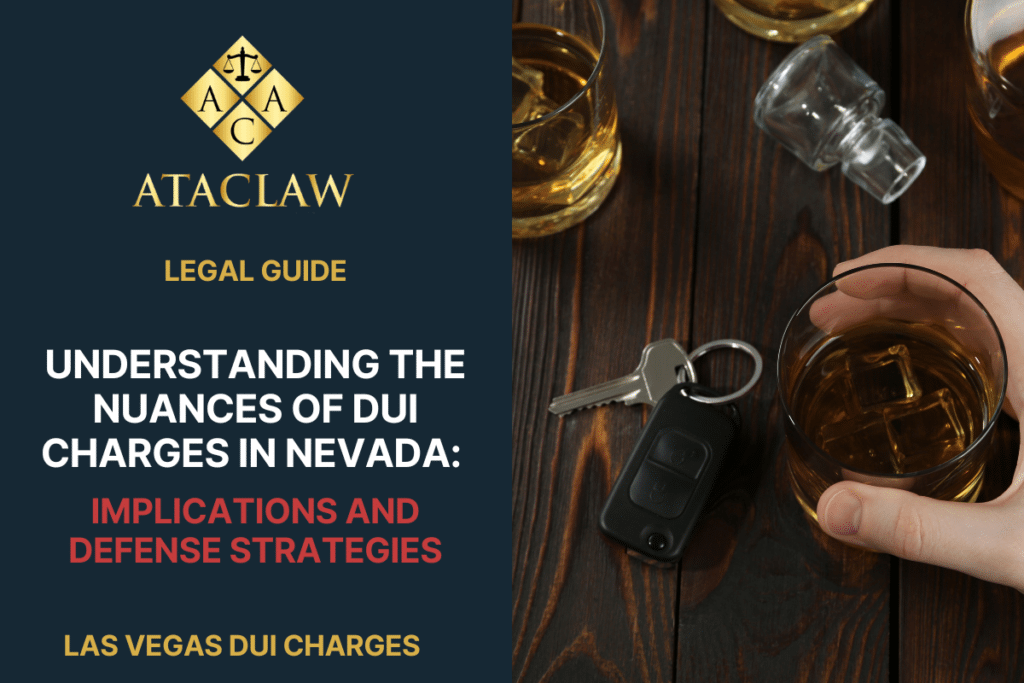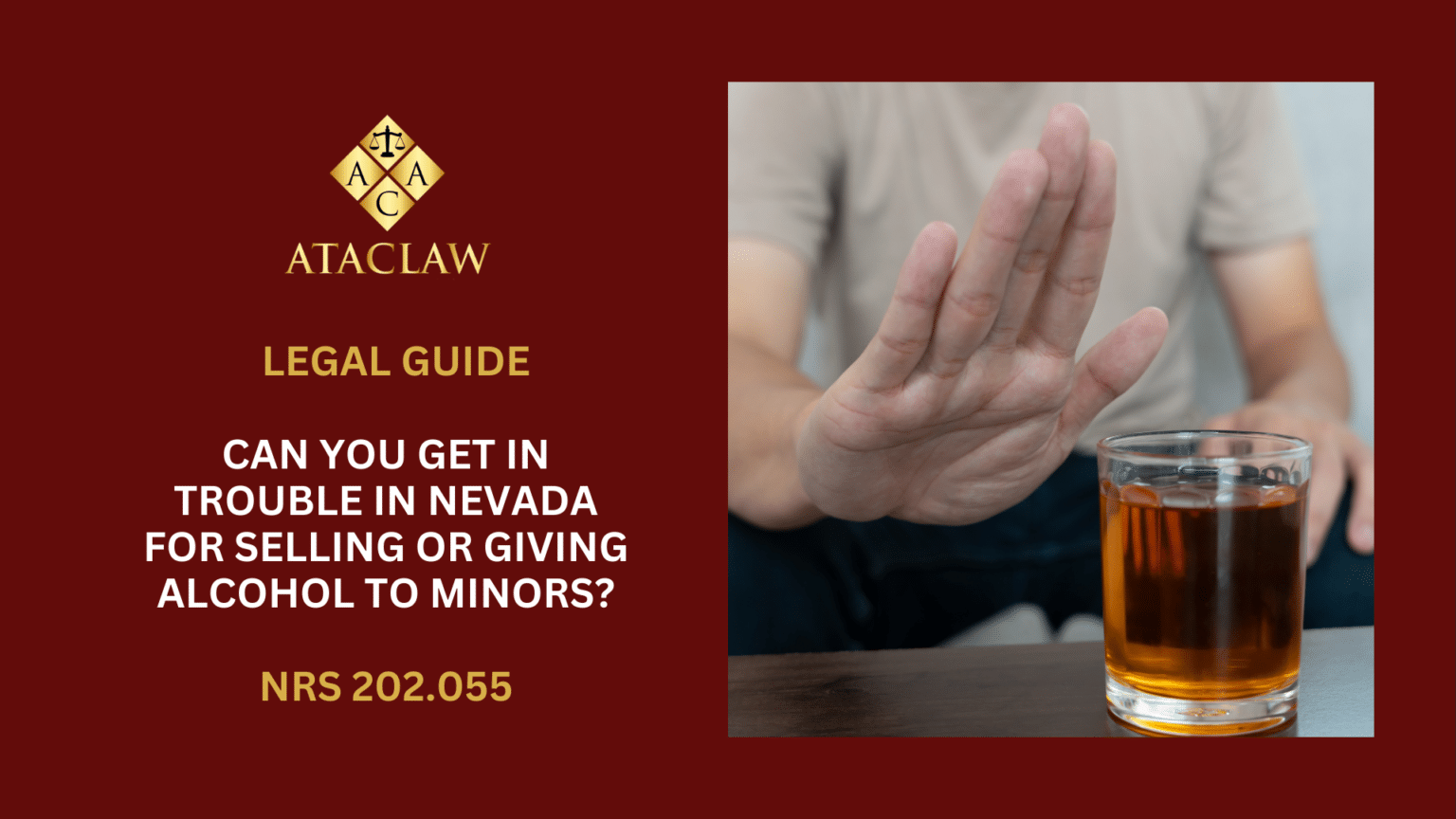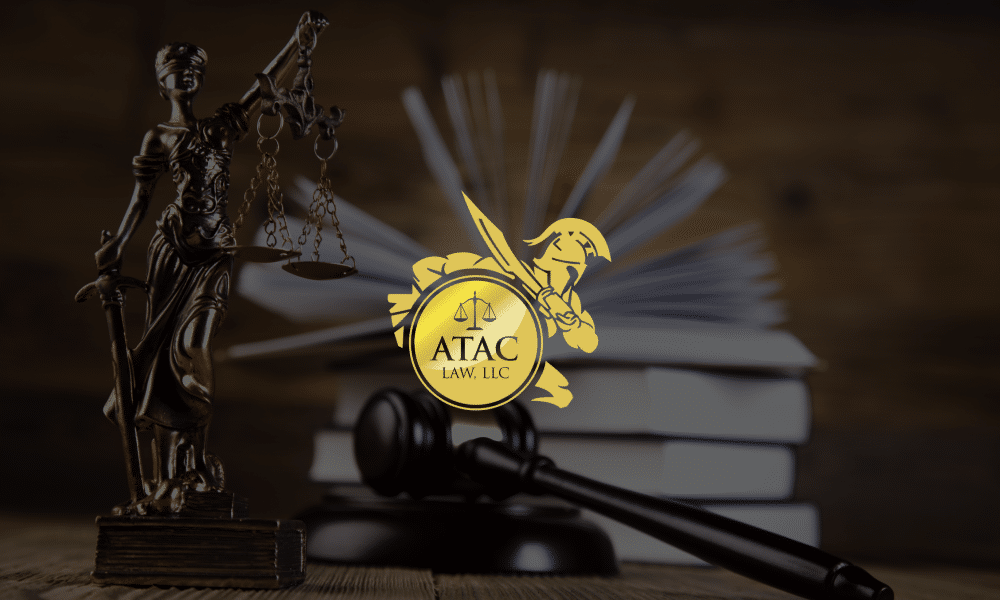As an experienced criminal defense attorney, I understand the gravity of DUI charges and their far-reaching implications. In Nevada, where the legal landscape is unforgiving, facing such allegations can be a daunting experience. However, with the right knowledge and strategic approach, it is possible to navigate these challenges effectively. This comprehensive guide aims to equip you with a thorough understanding of DUI charges in Nevada, the potential consequences, and the robust defense strategies available.
Decoding Nevada’s DUI Laws: A Primer
To begin, it is crucial to grasp the legal framework surrounding DUI charges in Nevada. The state has adopted a strict stance, defining driving under the influence (DUI) as operating a vehicle while impaired by alcohol, controlled substances, or a combination thereof. This broad definition encompasses any impairment that diminishes a driver’s ability to operate a vehicle safely, regardless of the source.
Blood Alcohol Concentration (BAC) Thresholds
Nevada enforces specific Blood Alcohol Concentration (BAC) limits, which serve as legal benchmarks for determining impairment. For drivers aged 21 and over, the legal BAC limit is 0.08%. However, for commercial drivers, the threshold is even lower at 0.04%. Notably, Nevada adheres to a “zero tolerance” policy for underage drivers, meaning any detectable amount of alcohol can result in a DUI charge.
Penalties and Consequences
The consequences of a DUI conviction in Nevada can be severe, escalating with subsequent offenses. First-time offenders typically face fines, potential jail time, community service, and mandatory DUI education classes. Repeat offenses can lead to increased fines, longer jail sentences, and even felony charges in some cases. Additionally, a DUI conviction can have far-reaching implications, impacting employment opportunities, insurance rates, and driving privileges.
The Pillars of a DUI Case: Critical Elements
In building a robust defense strategy, it is essential to understand the critical elements that form the foundation of a DUI case. These elements often serve as focal points for challenging the prosecution’s case and asserting your rights.
Probable Cause and Traffic Stops
Law enforcement officers must have probable cause to initiate a traffic stop and suspect a DUI. This could stem from erratic driving, traffic violations, or involvement in an accident. Understanding the role of probable cause is vital, as any DUI defense strategy often scrutinizes the validity of the initial traffic stop.
Field Sobriety Tests: Standardized and Non-Standardized
During a DUI investigation, officers commonly employ field sobriety tests (FSTs) to assess impairment. The federal government has standardized three specific tests: the horizontal gaze nystagmus, the one-leg stand, and the walk-and-turn. While these tests have a slight correlation with BAC levels, their accuracy can be influenced by various factors, such as the driver’s physical condition or the environment in which they are conducted.
Additionally, law enforcement may administer non-standardized FSTs, such as estimating 30 seconds with closed eyes or clapping hands backward and forward. These tests lack scientific validation and uniform standards, making their reliability questionable.
Breathalyzer and Blood Tests: Procedures and Legalities
In Nevada, drivers have implicitly consented to chemical testing, such as breathalyzer or blood tests, if suspected of DUI. Understanding the procedures and legal standards surrounding these tests is crucial, as they play a pivotal role in DUI cases. Factors such as proper administration, maintenance of testing equipment, and the handling of samples can be critical points of contention in a defense strategy.
Challenging the Prosecution’s Case: Robust Defense Strategies
When facing DUI charges in Nevada, a multitude of defense strategies can be employed to challenge the prosecution’s case and assert your rights. Each approach is tailored to specific aspects of the arrest and evidence, making it essential to work closely with an experienced DUI defense attorney.
Questioning the Legality of the Traffic Stop
A fundamental strategy is to challenge the legality of the initial traffic stop. If the stop was based on a hunch or an invalid reason, any evidence gathered after that point could be deemed inadmissible. Establishing that the traffic stop lacked proper cause can significantly weaken the prosecution’s case.
Disputing Field Sobriety Test Results
Field sobriety tests are not infallible, and their results can be influenced by various factors, such as nervousness, physical disabilities, inappropriate footwear, or environmental conditions. By highlighting these factors, your defense can argue that the FST results were unreliable and should not be used as evidence of impairment.
Scrutinizing Breathalyzer and Blood Test Accuracy
Breathalyzer and blood tests are critical in DUI cases, but they are not without flaws. Your defense might question the accuracy of the device, the qualifications of the person who administered the test, or the timeline between the traffic stop and the test itself. Calibration and maintenance records of the breathalyzer can also be scrutinized for inconsistencies or irregularities.
Examining Arrest Procedures and Miranda Rights
If the arrest procedures were flawed or your Miranda rights (the right to remain silent and the right to an attorney) were not adequately conveyed, this could form a strong defense. Any deviation from standard legal procedures can jeopardize the prosecution’s case and potentially lead to the exclusion of evidence.
Analyzing the Chain of Custody for Blood Samples
In cases involving blood samples, the sample’s chain of custody must be meticulously maintained to ensure its integrity. If there is any indication of mishandling, contamination, or mislabeling, the reliability of the blood test results can be questioned, potentially leading to their dismissal as evidence.
Evaluating Calibration and Maintenance of Breathalyzers
Breathalyzers must be regularly calibrated and maintained to ensure accurate readings. If there is evidence that the device used in your case was improperly maintained or malfunctioning, its results can be contested. This aspect of the defense requires a meticulous examination of maintenance records and an understanding of the technical workings of the device.
The Role of Legal Representation: Invaluable Expertise
Facing DUI charges in Nevada can be an overwhelming experience, but having an experienced defense attorney can make a significant difference. A skilled DUI lawyer brings in-depth knowledge of Nevada’s laws, court procedures, and the intricacies of DUI cases.
The Importance of Hiring an Experienced DUI Defense Attorney
An experienced DUI defense attorney can navigate the complexities of your case, identify the best defense strategies, and work tirelessly to minimize the impact of the charges on your life. Their expertise in questioning evidence, negotiating with prosecutors, and representing your interests in court is invaluable.
Shaping Your DUI Defense Strategy
Your attorney will evaluate every detail of your case, meticulously crafting a defense strategy tailored to your unique situation. They will scrutinize police reports, witness statements, and evidence for discrepancies or procedural errors. An experienced lawyer knows how to effectively challenge the prosecution’s case, whether by questioning the validity of a breathalyzer test or arguing against the legality of the traffic stop.
Alternative Resolutions and Plea Bargaining
Not all DUI cases end up in a trial. In some instances, alternative resolutions can be a viable option, providing a pathway to a more favorable outcome. Understanding these alternatives is crucial in making informed decisions.
Exploring Plea Bargain Options
Plea bargaining is a common practice in DUI cases, where the defendant agrees to plead guilty to a lesser charge in exchange for a more lenient sentence. An experienced attorney can negotiate the best possible plea deal, often resulting in reduced charges or penalties.
Diversion Programs and Other Alternatives
Nevada may offer diversion programs for first-time offenders or those with minor offenses. These programs typically involve alcohol education, community service, and other rehabilitation measures. Completing a diversion program can lead to reduced charges or even dismissal, providing a second chance for those who qualify.
Preparing for Your DUI Case in Court
If your case proceeds to court, being well-prepared is crucial. Your defense attorney will guide you through the process, ensuring you are equipped to present your case effectively.
Gathering Evidence and Witnesses for Defense
Your defense strategy may involve presenting evidence or witnesses that support your case. This could include surveillance footage, witness testimony, or records showing inaccuracies in breathalyzer maintenance. Collecting and organizing this evidence is critical to building a solid defense.
Strategies for Effective Communication in Court
Effective communication in court is vital, encompassing not only clear and respectful speech but also an understanding of courtroom etiquette. Your attorney will guide you on presenting yourself, responding to questions, and making your case compelling to the judge and jury.
Consequences of a DUI Conviction: Short-Term and Long-Term Impacts
Understanding the full scope of consequences that accompany a DUI conviction in Nevada is crucial. These consequences extend beyond the immediate legal penalties and can impact various aspects of your life.
Short-Term Consequences
In the short term, a DUI conviction can result in fines, jail time, community service, and mandatory DUI education classes. Additionally, your driver’s license may be suspended or revoked, significantly affecting your mobility and daily activities.
Long-Term Implications
The long-term implications of a DUI conviction can be far-reaching. Employment opportunities may be limited, as many employers conduct background checks. Insurance rates can skyrocket, and in some cases, you might face social stigma. Repeat offenses carry increasingly severe penalties and can escalate to felony charges with even more drastic consequences.
License Suspension and Revocation: Navigating the Loss of Driving Privileges
One of the most immediate impacts of a DUI conviction is the loss of driving privileges. The duration of license suspension or revocation varies based on the severity of the offense and any previous DUI convictions. During this period, daily activities such as commuting to work or taking your children to school can become challenging. In some cases, you may be eligible for a restricted license, allowing limited driving under certain conditions.
Frequently Asked Questions
Q: What’s the difference between DUI and DWI in Nevada? A: In Nevada, the term “DUI” (Driving Under the Influence) is used to describe driving while impaired by alcohol or drugs. While some states use the term “DWI” (Driving While Intoxicated), Nevada law does not officially use this terminology. Both terms refer to impaired driving offenses.
Q: Can I refuse a field sobriety test in Nevada? A: Yes, you have the right to refuse field sobriety tests in Nevada. However, while there are no direct penalties for refusal, your refusal can be used as evidence in court, and it may influence the officer’s decision to arrest you for DUI.
Q: Are there specific defenses for out-of-state drivers charged with DUI in Nevada? A: Out-of-state drivers face the same DUI laws as Nevada residents but may encounter additional complexities. They should consult with a Nevada DUI attorney for guidance on court appearances and dealing with the impact on their home state driving privileges.
Q: How does a DUI affect my Nevada commercial driver’s license (CDL)? A: A DUI can result in serious consequences for commercial drivers in Nevada. A first offense can lead to a one-year CDL disqualification, potentially longer if transporting hazardous materials. Repeat offenses might lead to a lifetime disqualification.
Q: Can I get a DUI expunged from my record in Nevada? A: Nevada does not allow DUI expungement, but under certain circumstances, you may qualify to have your record sealed after a specific period. Sealing differs from expungement, as the record still exists but is not visible to the public.
Q: What happens if I’m arrested for DUI while under 21 in Nevada? A: Nevada has zero tolerance for underage drinking and driving. If you’re under 21 with any detectable alcohol while driving, you could face DUI charges, including license suspension, fines, and mandatory education programs.
Q: Can a passenger in my vehicle be charged if I’m arrested for DUI? A: Typically, passengers won’t be charged with DUI. However, if they contributed to impairment (e.g., providing alcohol), they might face related charges.
Q: How long does a DUI stay on my driving record in Nevada? A: A DUI conviction stays on your Nevada driving record for seven years. Repeat offenses within this window result in harsher penalties.
Q: What should I do immediately after being arrested for DUI in Nevada? A: After a DUI arrest, seek legal advice promptly. Contact a DUI attorney who can protect your rights, guide you through the legal process, and advise on the best steps for your case.
Glossary
- DUI: Driving Under the Influence. This term refers to the act of operating a motor vehicle while impaired by alcohol or drugs.
- BAC: Blood Alcohol Concentration. It’s a measurement of the amount of alcohol in a person’s bloodstream used to determine legal impairment.
- Probable Cause: A reasonable basis for believing that a crime may have been committed, which is necessary for law enforcement to make an arrest or conduct a personal or property search.
- Field Sobriety Tests: A series of physical or cognitive tests administered by police to assess a driver’s level of impairment due to alcohol or drugs.
- Breathalyzer: A device used to measure Blood Alcohol Concentration (BAC) from a breath sample.
- Miranda Rights: A set of rights that police are required to inform a suspect of when in custody, including the right to remain silent and the right to an attorney.
- Chain of Custody: The chronological documentation or paper trail showing the seizure, custody, control, transfer, analysis, and disposition of evidence.
- Plea Bargaining: A negotiation between the defendant and their attorney and the prosecutor, where the defendant agrees to plead guilty to a lesser charge in exchange for a more lenient sentence.
- Diversion Program: A program that provides an alternative to prosecution or jail time, often involving rehabilitation and education, for those who meet specific criteria.
- Felony Charge: A serious criminal charge with more severe penalties than misdemeanors, including prison time.
- Commercial Driver’s License (CDL): A particular driver’s license is required to operate large, heavy, or hazardous material transport vehicles.
- Expungement: Legally destroying, obliterating, or striking out records or information in files, computers, and other depositories.
- Zero Tolerance Policy: Laws that enforce strict consequences for specific offenses, such as underage DUI, without tolerance for any measurable amount of alcohol in the bloodstream.
- License Suspension: The temporary withdrawal of a person’s driving privilege.
- License Revocation: Terminating a person’s privilege to drive a vehicle, which can be reinstated under certain conditions after a specific period.
- Underage DUI: Driving Under the Influence charges are applied to individuals under the legal drinking age of 21. In many jurisdictions, any detectable amount of alcohol in an underage individual constitutes a DUI.
- DUI Education Programs: Court-mandated educational courses focusing on the dangers of impaired driving are often required as part of sentencing for DUI offenses.
- Blood Test: A method used to measure the alcohol or drug content in a person’s bloodstream, typically conducted at a medical facility.
Resources You May Find Helpful
In addition to the comprehensive resources I’ve curated, here are several offsite resources that you might find useful in relation to DUI defense strategies and legal information in Nevada:
- Nevada Department of Motor Vehicles: This official resource provides comprehensive information on driving laws in Nevada, including DUI regulations and license reinstatement procedures. Nevada DMV
- National Highway Traffic Safety Administration (NHTSA): NHTSA offers valuable insights into DUI laws, safety guidelines, and the science behind field sobriety tests. NHTSA
- American Bar Association: A general legal resource offering guidance on a variety of legal topics, including finding legal representation and understanding your rights. American Bar Association
- Mothers Against Drunk Driving (MADD): MADD provides support to DUI victims and advocates for stricter DUI laws. They also offer educational resources about the impacts of DUI. Mothers Against Drunk Driving
- National Association of Criminal Defense Lawyers (NACDL): An organization representing criminal defense attorneys, which provides resources on criminal defense law and legal advocacy. NACDL
- Legal Information Institute at Cornell Law School: An accessible legal resource offering detailed information on laws and legal issues, including DUI laws across different states. Legal Information Institute
These resources can provide additional information, support, and guidance, complementing what you’ve learned from the comprehensive guide on navigating DUI charges and defense strategies in Nevada.
A Special Message From Our Lead Attorney
As a seasoned criminal defense attorney, I understand the gravity of DUI charges and the profound impact they can have on individuals and their families. If you or someone you know is facing a DUI charge in Nevada, I implore you to seek legal counsel promptly. At ATAC Law, we are committed to providing exceptional legal support and guidance. Our team of experienced DUI attorneys is dedicated to protecting your rights and ensuring that you receive the best possible representation. Remember, you don’t have to navigate this challenging time alone. We’re here to offer you the legal expertise, unwavering support, and personalized attention you need to navigate the complexities of DUI charges in Nevada.




